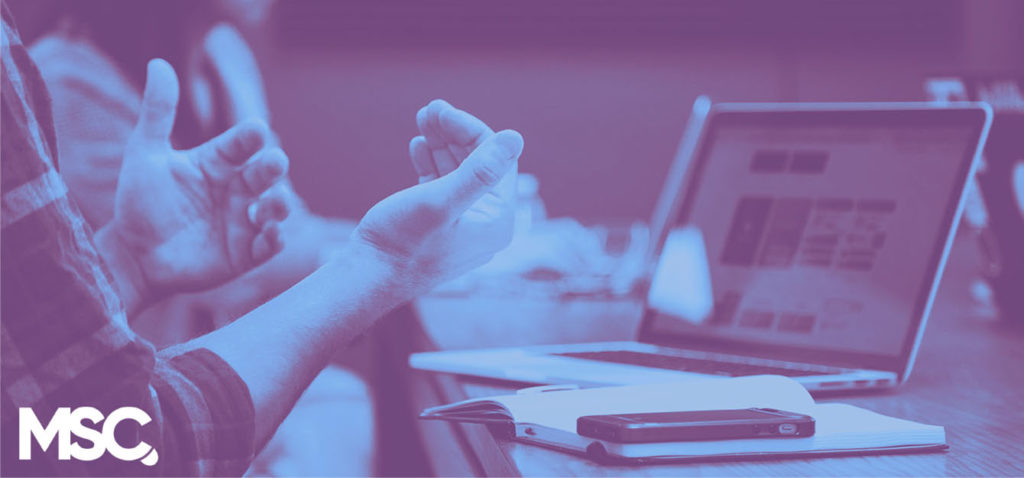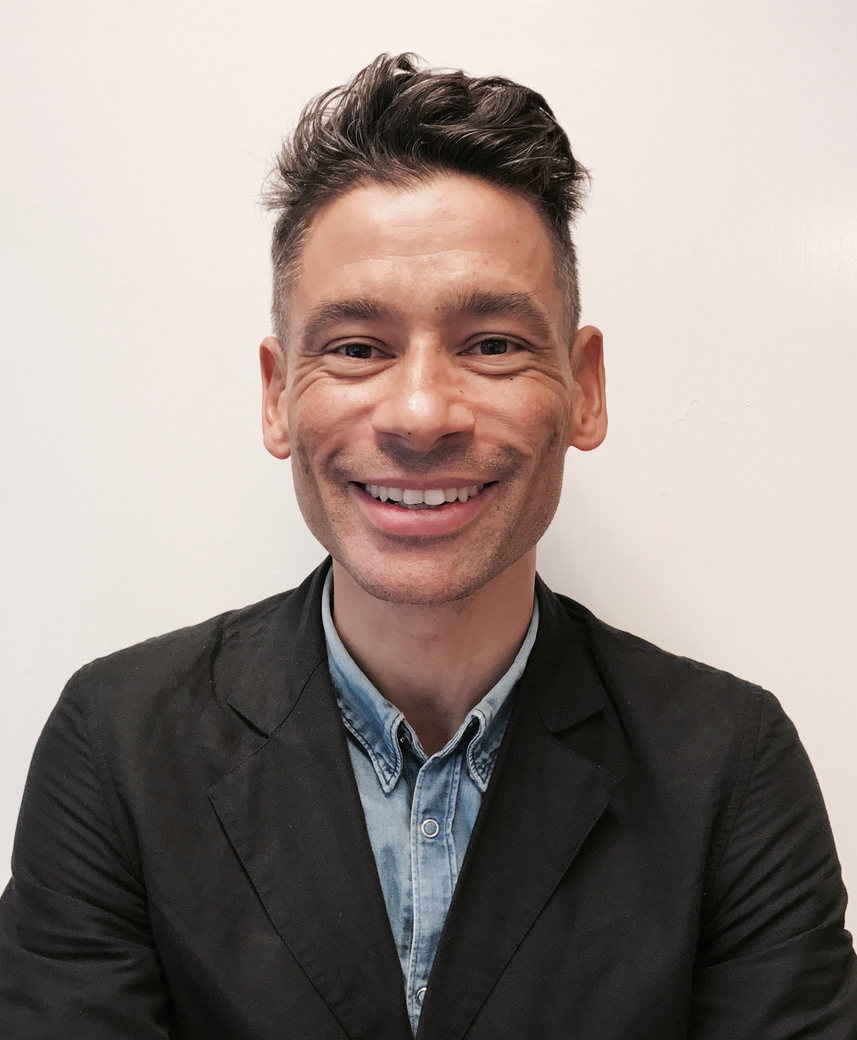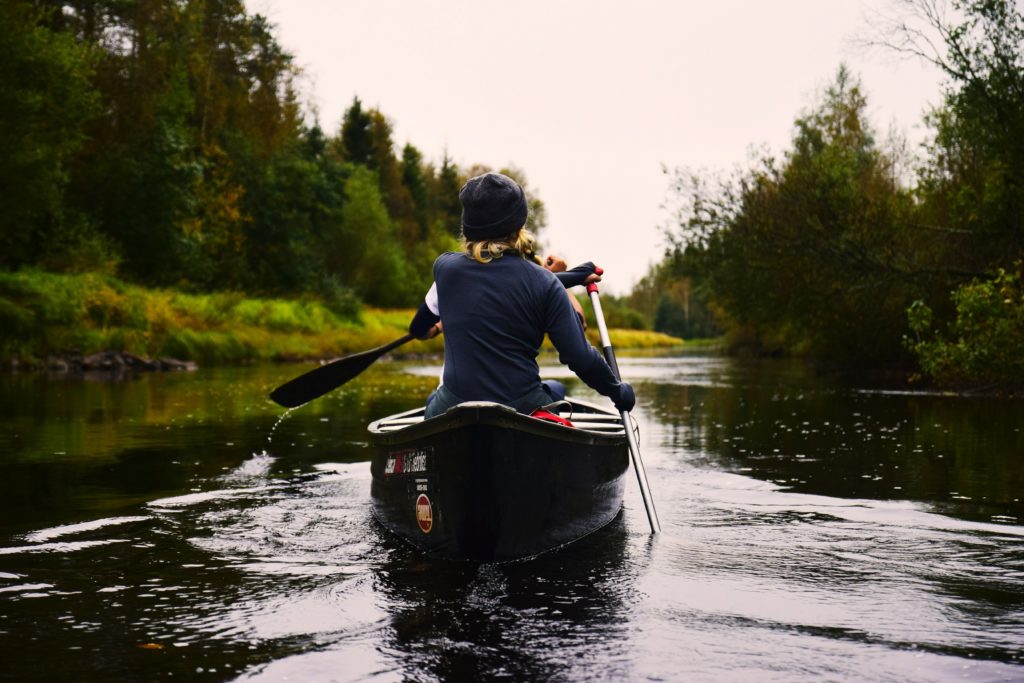
Let’s look at our current situation from a half glass full kind of perspective. Without the possibility to travel and less meetings due to the current COVID-19 virus outbreak, we’re sure that your days look rather different than usual. Time at home and more time at your workstation should at least mean more quality time for focused work. So, let’s ensure we leverage this to strengthen the company position. These uncertain times will pass and for the companies not having utilized this period well will likely be left behind.
For all life science companies that do not have to weather the storm ‘out there’, in terms of managing sales decline or raising capital for example but instead are faced with external projects halted. This is an opportune moment to get your head down and focus on increasing your readiness levels for a potential partnering or licensing deal. We have put together a list of essentials in your licensing-package and outreach activities, because striking a deal doesn’t happen overnight or by pure luck.
First off, your asset must provide a value.
Importantly, you need to be able to succinctly articulate the value tailored to the potential licensee. Ensure that proof of how you have developed the asset is included in this. This is one of the steps in setting your sharp out-licensing strategy and building your action plan, but more on that further down.
Ace the digital interaction to get an edge
First impression is everything. Even more so important in a digital space. Before you start contacting potential partners or licensees you need to have done your homework, both in preparing your pitch but also understanding what the counterpart is in the market for. The better prepared you are, the higher the chances to better position yourself for a next meeting and later, hopefully, in negotiations.
It’s not only due to the COVID-19 outbreak that the world is turning more digital and virtual. Increasing environmental pressure, especially on business travel also plays a part. That is only one reason of why it will pay off acing digital interactions and tailoring your materials for a digital medium. No time like the present to start with outreach to potential licensees when many sits isolated and deprived of the normal ‘water cooler’ social interaction and are likely glad for the interruption.
Key consideration for an impactful licensing strategy
We have helped many biotech companies in the Nordics to develop their licensing strategy over the years. We usually start the project asking the client to consider the following areas:
- How involved will you be in the continued development? There are several options and it will depend upon who you out-license the asset to and what your internal resources are and your long-term strategy.
- What kind of deal type would best suit your company and assets? You need to understand your indication in detail. This includes, but is not limited to, the market, competition and other deals struck in the indication for benchmark purposes. This then informs the decision on what an ideal deal structure looks like for you; options include co-development to letting the licensee take the full responsibility as well as you keeping certain rights or a solely exclusive deal.
- Who would the ideal partner be? Many clients only look at big pharma and larger biotech’s, but they may not always be the best partners. It’s important that you have define what your ideal partner would look like; key considerations should be what skills are you looking for, what other in-licensing deals has this company done before, how skillful are they in bringing products to the market, how attractive is the company for investors and also as an employer. Hopefully, you will end up in a situation where you negotiate with more than one potential partner or licensee. It’s then important that you also can do a proper due diligence to assess and define the scientific and commercial viability of each potential strategic partner.
- When is the asset ready to be out-licensed? There are trends regarding the ideal timing of the out-licensing. Irrespective, it needs to align with the company’s overall business strategy. But you should consider several things such as the indication you are aiming for and what type of assets is it. It also depends on the quality and perceived value of the assets and how ‘well prepared’ the company is to hand off the assets. At this time, it’s important to have done your own asset valuation to understand how the value would change if you keep developing your assets yourself compared to out-licensing it at different stages. Doing a comprehensive valuation on the assets will also help when negotiating the deals structure and value.
If we at this point have identified a few areas where more work is needed to be able to take a decision on one of these key questions – now’s the time to look into it.
“We’d argue that it’s never too early to start working on your out-licensing action plan. Working towards a clear goal provides motivation for team, Board and shareholders.”
– Okee Williams, Sr Management Consultant and former VC, analyst and IR manager.

Develop your out-licensing action plan
With a set strategy that’ll guide your activities completed, next steps are to develop your action plan. Depending on the project, we play different roles at this stage but most often we’re the objective lynch pin pulling it all together.
- Who should be involved in the project team? It is not a one man show, many parts of your organization need to be involved to ensure that we’re bringing our competitive edge to the table.
- What kind of material is needed? Having the right communication materials that immediately speaks to the recipient is crucial. Sloppy or unfished presentations scare away potential licensees but great material leaving the recipient wanting more has the opposite effect. At minimum, we recommend having in place:
- Face-to-face (whether online or in-person): Confidential prospectus and company presentation
- Send outs: Non-confidential, short, company presentation
- Online presence: Update homepage to align with your material
- What should be included in the due diligence material? Start structure and assemble material for the upcoming due diligence. Also, prepare with setting up a data room with functionality to time limit and restrict access to keep leverage on your side. Examples of information that should be included are:
- Preclinical data, safety results and regulatory material
- Clinical studies and plans
- Publications
- Are your legal documents up to date? You should have confidentiality agreements (CDAs) prepared, in an easy to update template format, to be able to quickly respond to interest. Based on your ideal deal structure outlined in the licensing strategy, you should have a Term Sheet and other associated document already drafted.
Following these steps, you would be well positioned to start outreach to your targeted list of contacts. A targeted contact list is most likely to bring fruitful results if curated and identified based on criteria aligned with the strategy.
There’s of course only so much time in a day, even if you’re following social distancing, self-isolation or are quarantined. So, if we can help you get ahead with a competitive edge over the next few months, get in touch.
We have experience in providing support in all steps from taking the lead in strategy development, doing an asset valuation and developing marketing materials. Our team can also be helpful in identifying potential partners or licensees, providing direct contact details and targeted emails, alternatively support you in managing the outreach and keeping the leads warm. But also, simply provide guidance on the right timing of an ideal out-licensing.

 Anna, Communication intern
Anna, Communication intern Felix, Analyst intern
Felix, Analyst intern Shadali, Analyst intern
Shadali, Analyst intern
